News
News / 03/16/2020 / 1517
As the whole world struggles with corona epidemic, a different piece of news spread across the wine world. After a long time, the regulatory framework for minimum intervention wines has been outlined for the first time in France and such wines will be labelled accordingly.
Although the term "natural wines" is often used in public (which comes as a consequence of poor, incorrect translation of the French phrase "vin nature" into English as "natural wine" and subsequently into all other languages), winemakers resent this phrase because it implies that other conventionally produced wines are "unnatural". Just to clarify to those who do not know French, the term "nature" in French means "plain, simple, without additives" and in addition to wine, you may also find frequently used terms such as "croissant nature" (croissant without additives, plain, without filling) or "yaourt nature "(plain yogurt, without added fruit or other flavors). Consequently, vin nature stands for "wine without additives" rather than "natural wine".
As a result, the term "minimum intervention wines" has been coined over time. But beside the name problem, such wines also have a problem with its definition, because there is no clearly regulated framework of what belongs to that group.
The French were the first to decide to bring order to this domain (primarily to protect consumers), as winemakers increasingly market their wines as natural or minimum intervention wines, even though it might only partly be true.
The National Institute for Origin and Quality Control (INAO), the Directorate for the Protection of Competition, Consumers and Fraud Prevention and the Winemakers' Association "Nature'l", which has about 200 members, have agreed rules that will allow wines to be labelled "Vin methode nature" , thus avoiding insinuation that other wines outside this group are unnatural. Initially, about 70 wines will carry this label.
The rules contained in the Charter are as follows:
1. 100% of the grapes (both with geographical indication of origin and without) must come from certified organic vineyards or from vineyards in the second year of conversion to organic production.
2. Harvest is done manually.
3. Vinification is done with indigenous yeasts.
4. Prohibited use of artificial additives.
5. Any deliberate modification of the grape composition is prohibited.
6. Any use of aggressive physical techniques and methods is prohibited (inverse osmosis, filtration, tangential flow filtration, HTST pasteurization, thermovinification ...)
7. No sulphites are added before and during fermentation (optionally, one can add sulphites provided that final sulphite content doesn't exceed 30mg/l, regardless of the color or type of wine, with an obligation to indicate it on the label with the logo Vin methode nature).
8. The winemakers who sign the Vin Methode Nature Charter will display the full text of the charter each time they exhibit at trade shows at the booth and in the winery premises.
9. If winemakers who sign the Vin Methode Nature Charter also produce conventional wines in their cellar, such wines will be marked with a different label and visual identity to distinguish them from wines bearing the Vin Methode Nature label.
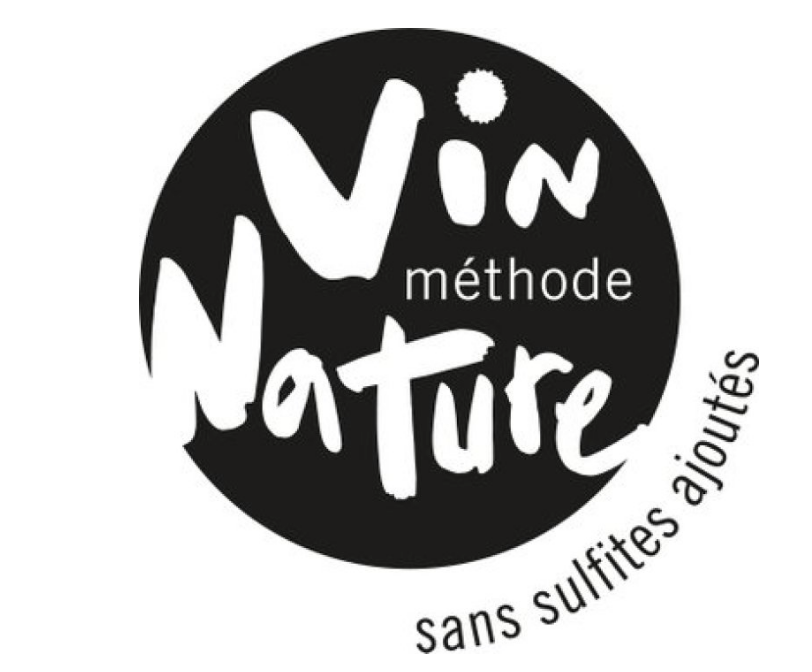
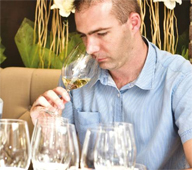
Tomislav Ivanović
Awarded wine writer, wine critic and contributor to selected wine magazines. WSET3-certified author and editor-in-chief of www.vinopedia.rs. Member of Vojvodina Sommelier Association. Juror in national and international wine competitions. Lecturing about wines of Serbia and the Balkans. Local partner of Wine Mosaic organization. Co-founder of International Prokupac Day.
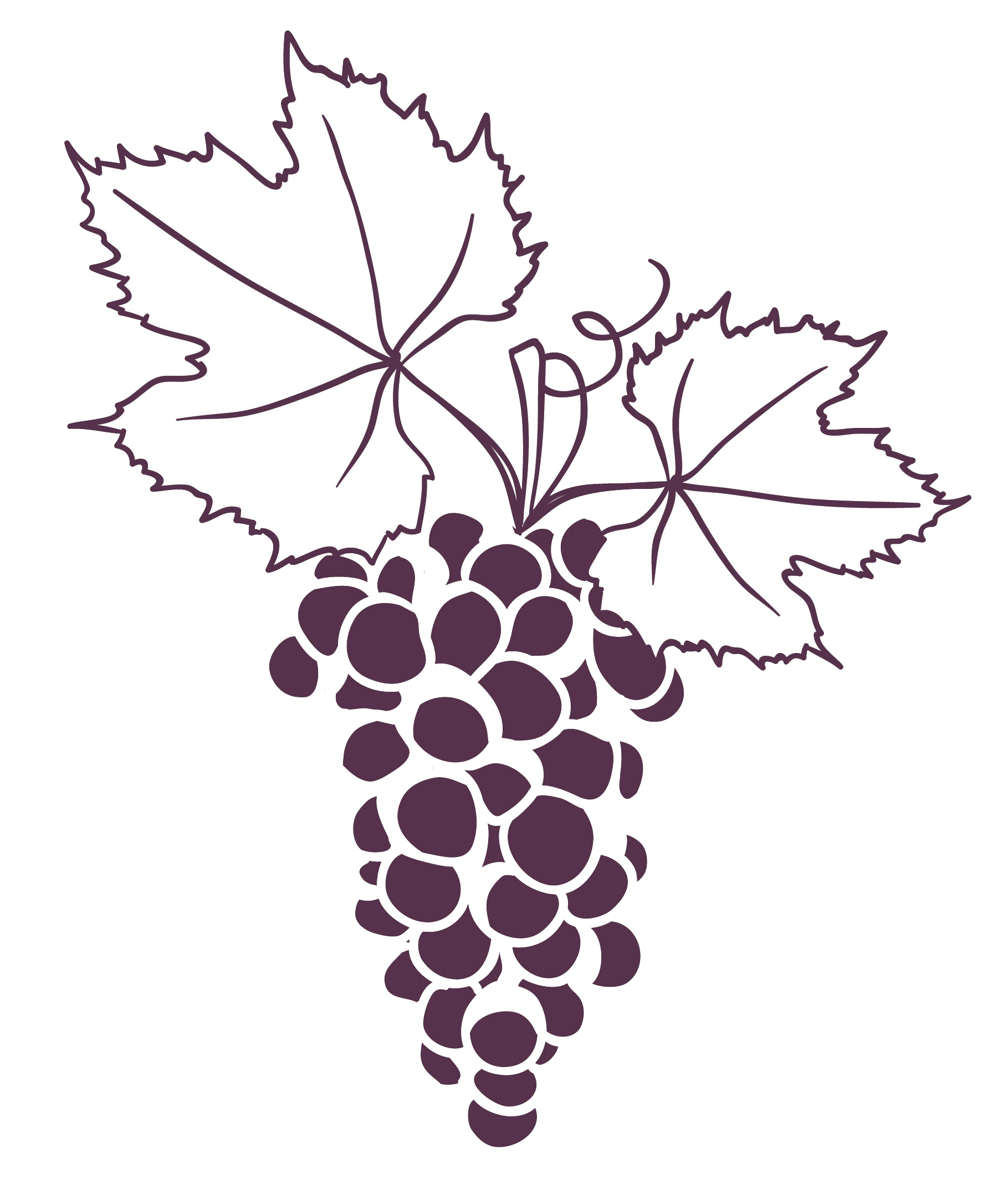
Pročitajte i druge članke iz ove rubrike:
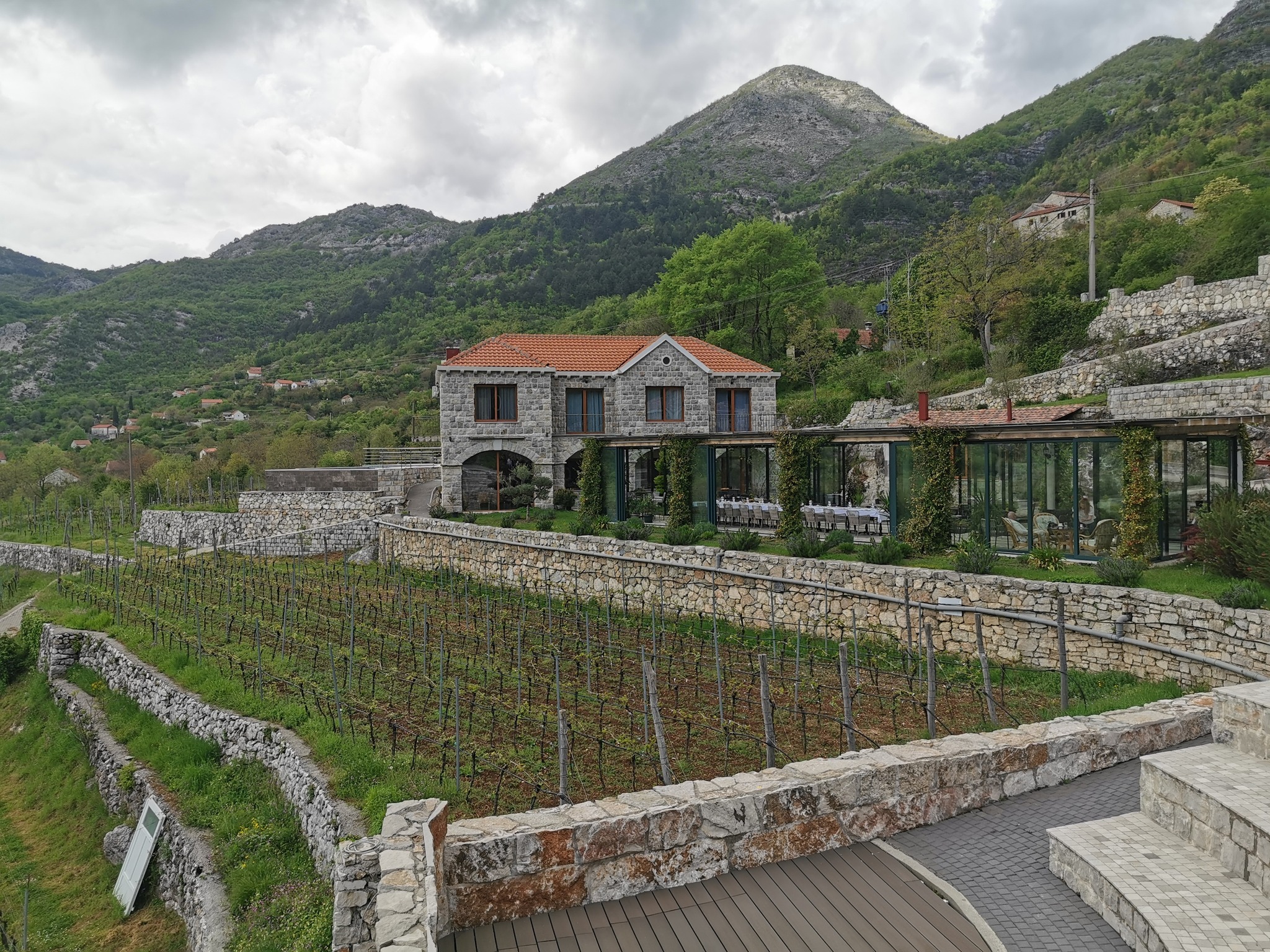

KRATOŠIJA PROBUDILA CRNOGORSKE VINARE
PROČITAJ VIŠE
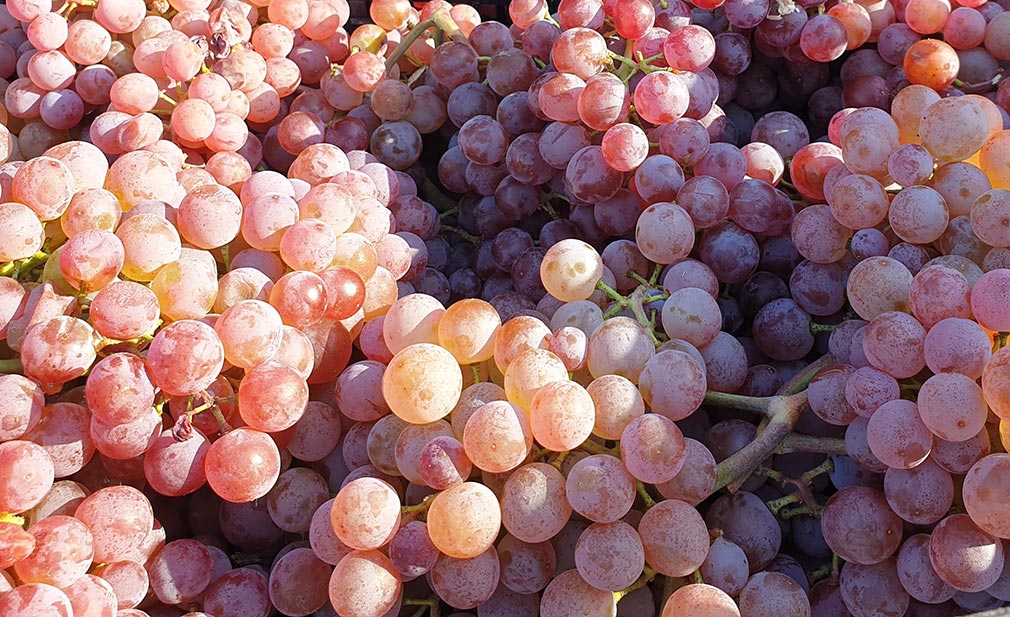

VINOPEDIA TOP 10 2024
PROČITAJ VIŠE
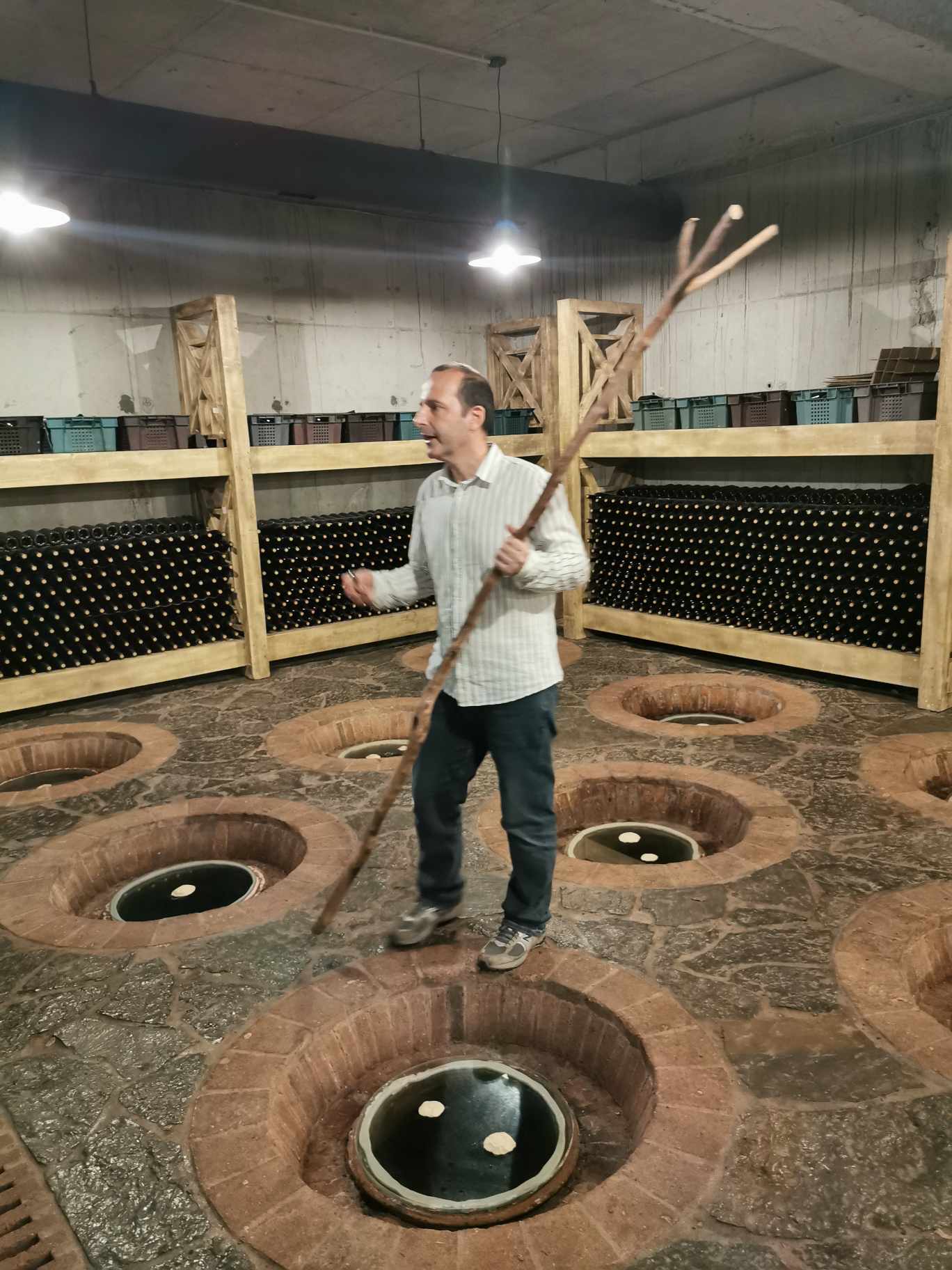

GIUAANI - VINSKI TURIZAM NA GRUZIJSKI NAČIN
PROČITAJ VIŠE
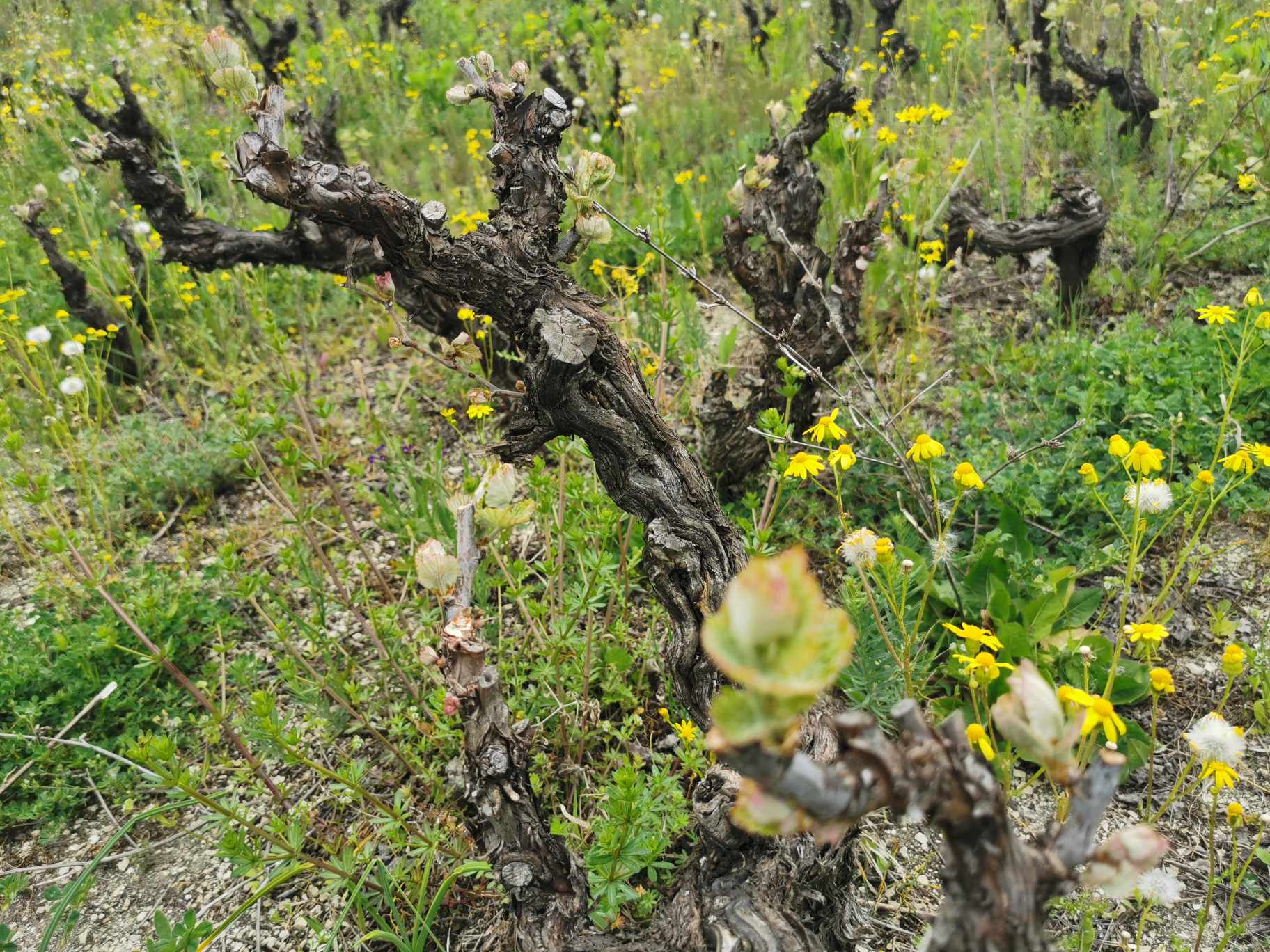

SPASIMO STARE VINOGRADE SRBIJE
PROČITAJ VIŠE
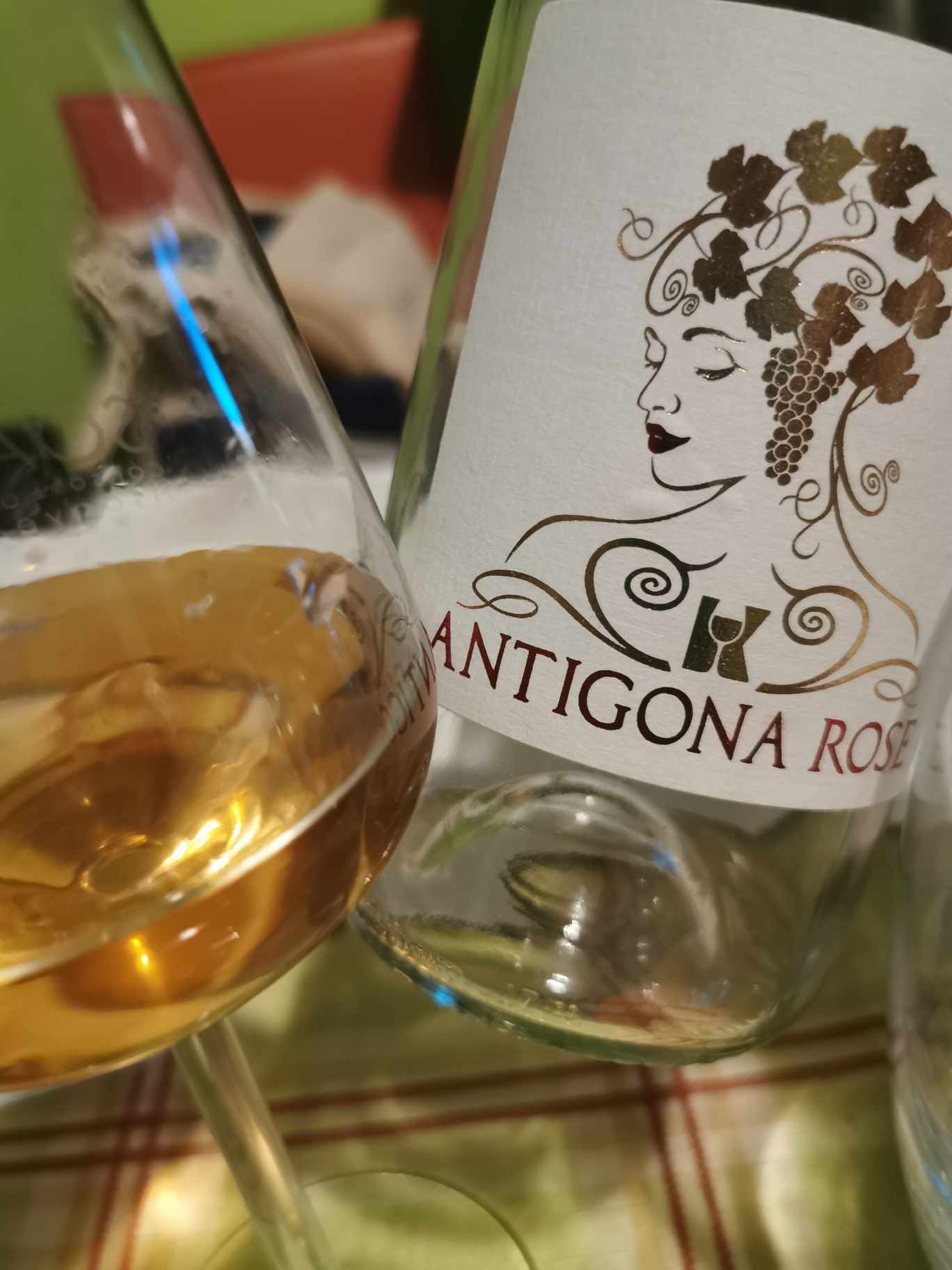

NAŠLI SMO ANTIGONU IZ ORAHOVCA
PROČITAJ VIŠE
Winner MILLESIMA BLOG AWARD 2016
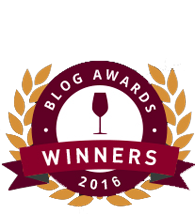
Pobednik MILLESIMA BLOG AWARD 2016
VINO & FINO wine personality of the year 2016
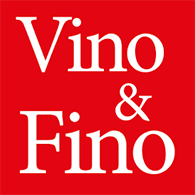
VINO & FINO vinska ličnost godine 2016